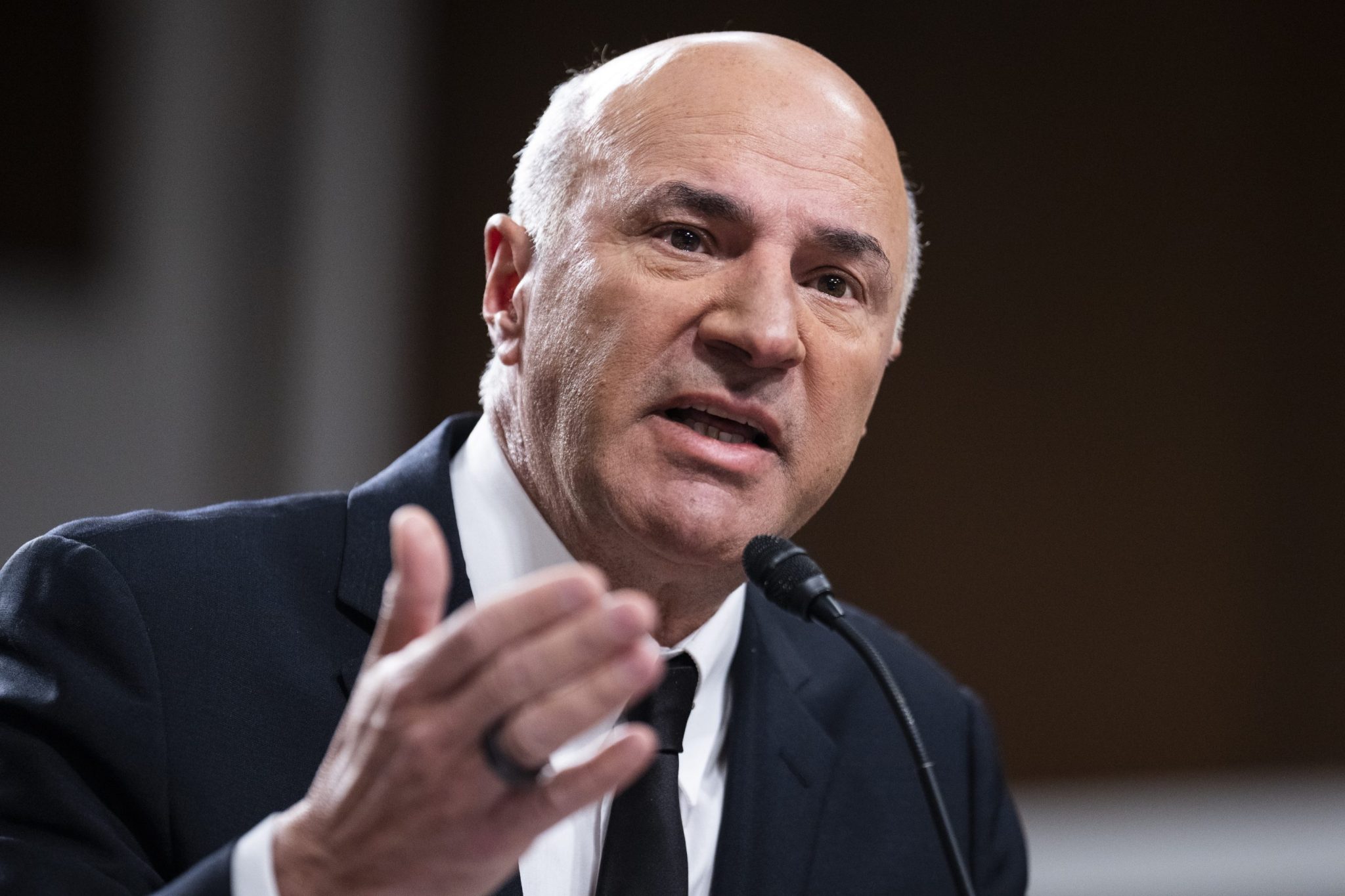
Remote workers are not coming back to the office, says Kevin O’Leary, and some of the younger ones have never worked in one at all.
According to the investor and Shark Tank star, that changes how companies and workers are managed.
“Over the last three years there’s a new generation of worker—particularly in financial services and in technology or in engineering—that has no intention of working in an office,” he told CNN on Friday. “They never have, they never will. People keep saying, ‘Oh, they’re gonna all come back.’ They’re not.”
According to O’Leary, 44% of the employees across his venture portfolio work remotely, and “they ain’t coming into the office, period. That’s it. That’s just the way it’s gonna be.”
He said that with unemployment under 4%, his companies are forced to compete for workers, and “part of the negotiation is where they’re going to work.”
Asked whether remote work has hurt productivity, O’Leary replied: “I found that it hasn’t changed anything because they don’t know anything else. Some of them just got out of college and started working out of their homes. They’ve never worked in an office. Basically what it changes, it’s project management.”
Remote workers, he noted, are not working nine-to-five, and it doesn’t particularly matter in terms of productivity. “You say to somebody, ‘Look, you gotta get this done by next Friday at noon.’ You don’t really care when they do it…as long as it gets done.”
The tradeoff for workers, he noted, is there’s “probably less private time on weekends.” He said he feels free to call his employees at any time on any day of the week. “That’s the deal. If you don’t work in the office, I can call you at two in the morning if we’ve got a crisis. And they’re gonna answer. That’s the way they’re used to it now.”
O’Leary isn’t alone in believing the office’s diminishment will last.
Marc Andreessen, cofounder of venture capital giant Andreessen Horowitz, believes that while companies are discussing having workers come back three or four days a week, “the spirit is gone” in terms of workplaces being the primary source of connection in American life. “Elvis has left the building for these kinds of environments,” he said at the American Dynamism Summit in Washington, D.C., in November.
That can particularly hurt younger workers who haven’t had time to forge professional connections and start families. The focus then turns to where you live, Andreessen said. “Are you literally by yourself? Do you have roommates? Are you in a small [apartment] complex, are you in a big complex? Do you have any sense of connection whatsoever?”
The risk, he said, is more workers feeling “alienation and loneliness.”







